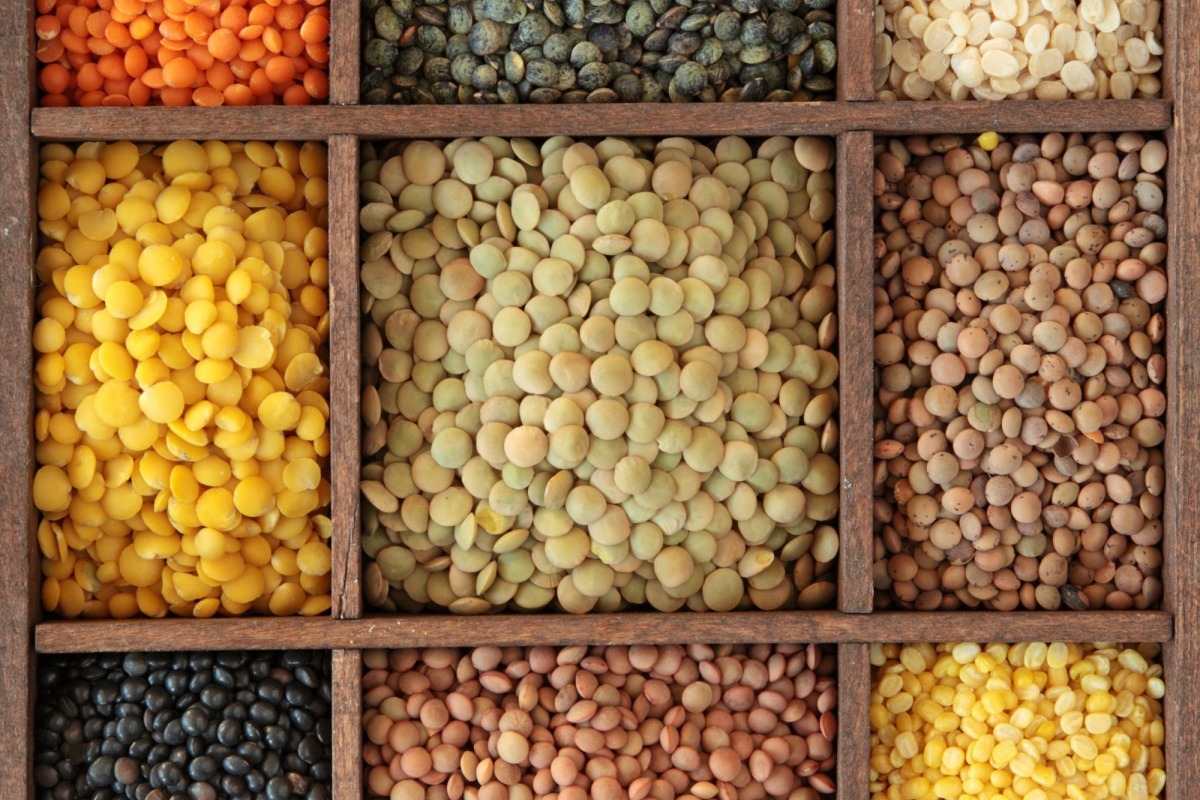Pulse crops
Pulse crops, which include legumes such as lentils, chickpeas, dry beans, and peas, have been a part of human diets for thousands of years. These versatile and nutrient-rich crops offer numerous health benefits, making them a valuable addition to any diet. Moreover, pulse crops also contribute to sustainable agriculture by improving soil health, reducing greenhouse gas emissions, and conserving water resources. In this blog post, we will delve into the nutritional and environmental advantages of pulse crops and highlight their significance in promoting human well-being and a greener planet.

Pulse crops are renowned for their exceptional nutritional profile. They are an excellent source of plant-based protein, containing about two to three times more protein than most cereal grains. This makes them a valuable dietary choice for vegetarians, vegans, and individuals looking to reduce their meat consumption. Moreover, pulses are low in fat and contain essential amino acids, fiber, vitamins (such as folate and vitamin B6), minerals (such as iron and potassium), and antioxidants. Their combination of nutrients promotes heart health, aids digestion, regulates blood sugar levels, and contributes to weight management.
Nitrogen Fixation: One of the most significant environmental benefits of pulse crops is their ability to fix nitrogen from the atmosphere. Unlike other crops, pulses have a symbiotic relationship with nitrogen-fixing bacteria in their root nodules, which enables them to convert atmospheric nitrogen into a form usable by plants. This reduces the need for synthetic nitrogen fertilizers, decreasing the energy requirements and carbon footprint associated with their production.
Soil Health: Pulse crops enhance soil fertility by increasing organic matter content and improving soil structure. Their deep root systems help break up compacted soils, enhance water infiltration, and reduce erosion. Additionally, the residue left after harvesting pulse crops acts as natural mulch, conserving soil moisture and suppressing weed growth. The improved soil health resulting from pulse crop cultivation contributes to the long-term sustainability of agricultural systems.

Water Conservation: Pulse crops generally require less water compared to other major crops like cereals and oilseeds. They have adapted to arid and semi-arid environments, making them suitable for regions facing water scarcity. By consuming less water, pulse crops help conserve this precious resource and support sustainable irrigation practices.
Reduced Greenhouse Gas Emissions: The cultivation of pulse crops contributes to reduced greenhouse gas emissions. As mentioned earlier, their ability to fix atmospheric nitrogen reduces the need for synthetic nitrogen fertilizers, which are energy-intensive to produce and contribute to greenhouse gas emissions. Furthermore, the organic matter accumulation resulting from pulse crop cultivation enhances carbon sequestration in the soil, mitigating climate change impacts.
Agro Links Enterprises
At Agro Links Enterprises, we understand the importance of trust and reliability in international trade. Our dedicated team works diligently to prioritize on-time delivery and build strong relationships with our valued clients world wide.
Discover the difference of partnering with Agro Links Enterprises. Explore our range of high-quality grains, pulses, fresh produce, and specialty coffee. Let us be your trusted agri-food partner, connecting you to the world of agricultural excellence.
Need more Information?
Contact Us Now!
If you have any question or concern, reach out to us at info@agrolinksenterprises.ca